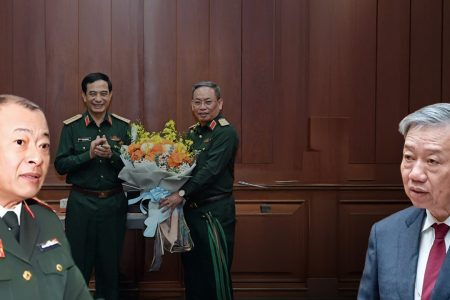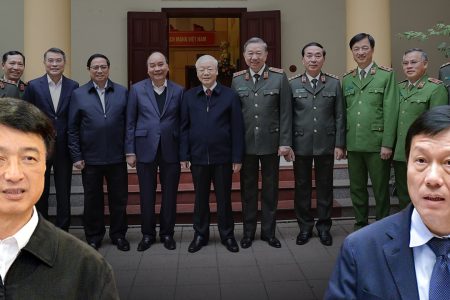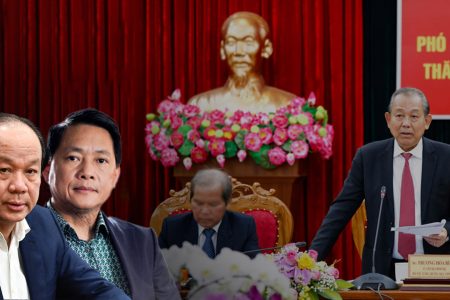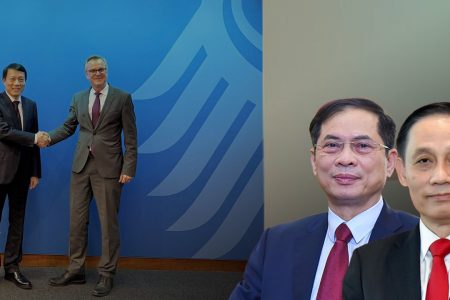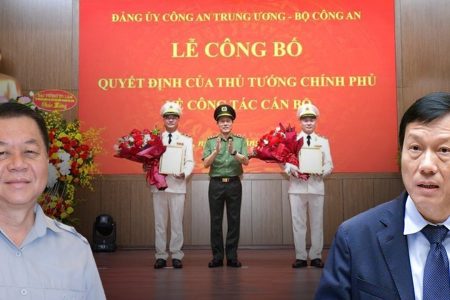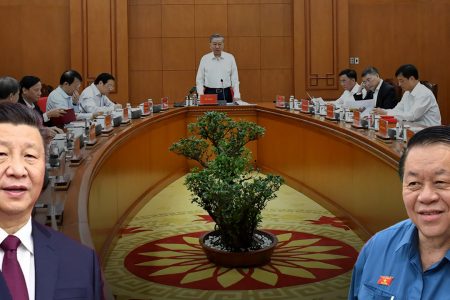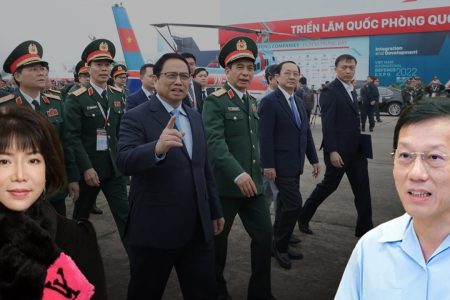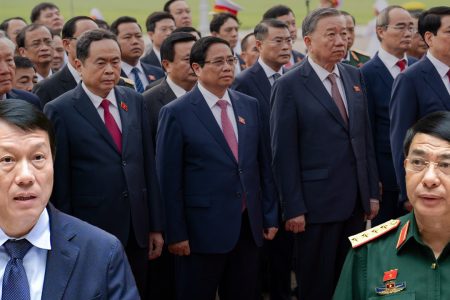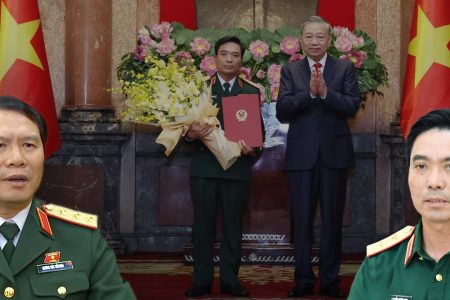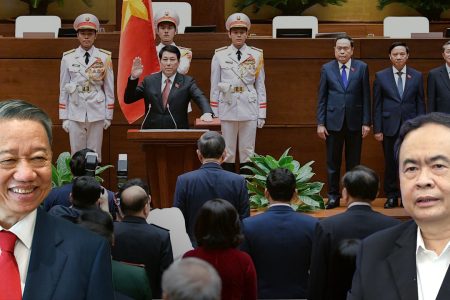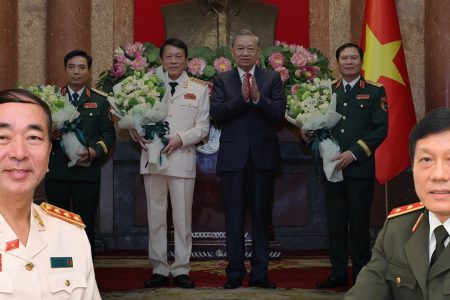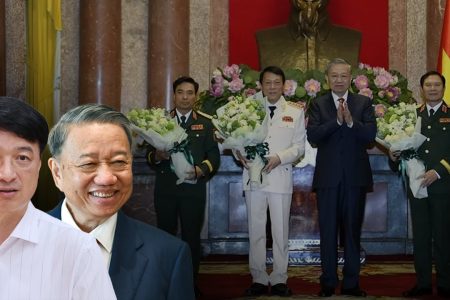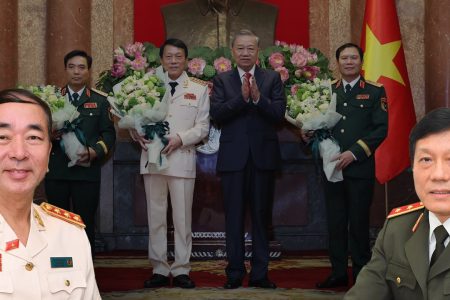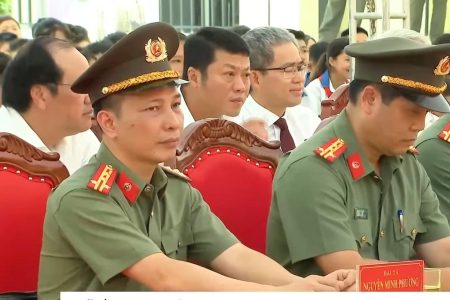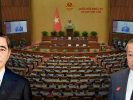
In the first day of this spring, just on the 3rd day of the Lunar New Year, Construction Minister Nguyen Thanh Nghi was on the air to talk about the 1 million social housing project. At that time, Minister Nghi boasted that Prime Minister Pham Minh Chinh also supported his ministry to implement this project.
It is known that in early August 2022, Nghi gathered representatives of numerous real estate “big guys” such as VinGroup, Sun Group, Novaland, Him Lam, and Bitexco, etc. to mobilize them to accompany the Government to build social houses. At that time, Nghi planned to seek support from these real estate giants to submit to the PM for approval with the goal of building 1 million social houses by 2030.
But so far it has been 6 months, but a series of big companies are in capital shortage. VinGroup is unable to raise capital and has to move the construction of VinFast factory in the US to 2025. Novaland is “yawning” not knowing if it can survive this 2023 or not while Him Lam is being investigated because this business has ties to Van Thinh Phat in a number of real estate projects.
About 6 months ago, it seemed that the real estate giants were all healthy, however, now the situation is too bleak. Meanwhile, to build a house, the Ministry of Construction needs 95% private investment. The ministry cannot stand to build houses, but it is necessary for giants to jump in and participate. The problem is, when real estate businesses are struggling with the financial crisis and assign projects to build social housing for these businesses, it is considered a failure from the beginning. How can a lame, weak business participate in building houses?
It’s a matter of housework and seems difficult to come true. What about selling a house? Does it have buyers? Houses for low-income people would be sold at VND 1 billion-VND 2 billion. For low-income people, where do they get money to buy? However, Nghi and Chinh also took this situation into account.

On March 12, the domestic press said that the Government had “granted” a preferential credit package of VND120 trillion to develop social housing. Expected interest rate on social housing loans is lower than 1.5%-2%. Thus, the Government has calculated the output for 1 million low-priced houses. However, the problem is not so simple. It’s not that the money that comes out can reach the pockets of people who need to buy a house, but sometimes it’s blocked like so many other stimulus packages.
People with really low incomes are often unable to pay their debts. This VND120 trillion package when deployed in commercial banks is very easy to cause distortion. That is, it is very difficult for those who have real needs to be approved for a loan, but sometimes this loan package is poured into the pockets of the rich disguised as poor. Meanwhile, the real poor find it difficult to access this loan package.
It is also necessary to understand for commercial banks, if they approve loans to the real poor, the possibility of them holding bad debts is very high. Therefore, it is difficult for commercial banks to listen to the Government, but they will find ways to avoid bad debts. It is safest for them to protect themselves first.
It is clear that PM Chinh is determined to unpack this VND120 trillion package. However, policy making on paper is completely different from its implementation. The Communist government has never been successful in supporting the poor to reduce social inequality, but they often take advantage of the poor for their own backyards.
Its priority is to tackle the difficulties for Nguyen Thanh Nghi without knowing successful or not. PM Chinh is gambling, betting on the policy of Minister Nghi. If this gamble fails, both Pham Minh Chinh and Nguyen Thanh Nghi will have to suffer defeat on the political scene later.
Thoibao.de (Translated)



